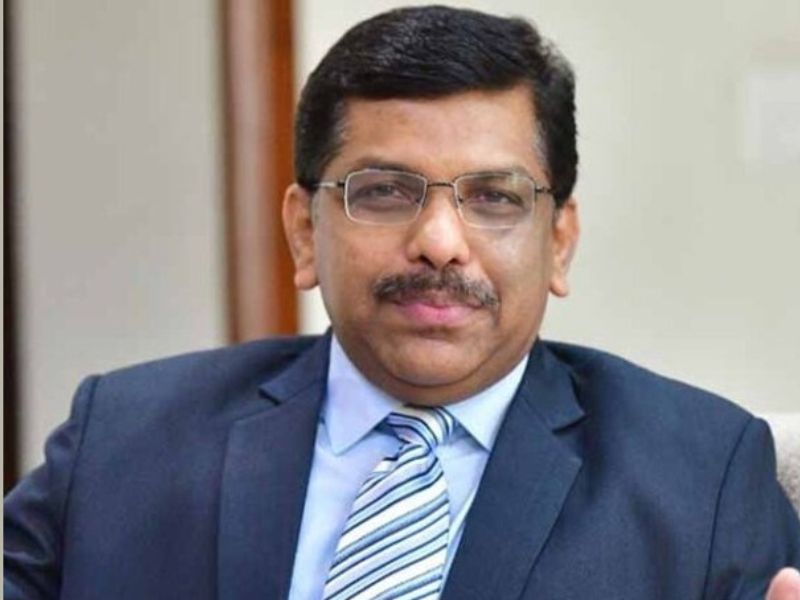The Maharashtra state government has stayed its decision to implement the controversial s.12 (1) (c) of the Right to Free and Compulsory Education (RTE) Act, 2009 which makes it mandatory for all private unaided (financially independent) schools to admit 25 percent of children in class I or preschool from among poor households in their neighbourhood. Following the majority judgement of the Supreme Court in Society for Unaided Private Schools of Rajasthan vs. Union of India & Anr (Writ Petition (c) No. 95 of 2010) delivered on April 12, upholding s.12 (1) (c) with the proviso that private unaided minority and boarding schools are exempt, the state government made an unexpected announcement and ordered all private unaided non-minority day schools across Maharashtra to admit poor children in their neighbourhood from the new academic session starting this month. However, most private unaided non-minority schools claimed they had completed the admission process in January this year, and hence were not in a position to implement the reservation policy.
Therefore, as a compromise, the education ministry has proposed that all schools submitting in writing that their admissions were completed before the April 12 Supreme Court judgement will be exempted from the provisions of s.12 (1) (c) for this academic year. However, it will be mandatory for schools which have yet to finalise their admissions (almost none) to admit students under s.12 (1) (c).
“Lack of clear communication from the state government is the main cause of total confusion about implementing the Act. We have received no information on the admission format for the reserved seats. It’s not just school managements, poor household parents are even more confused about the admission process under the Act,” says Rakesh Joshi, principal of Apeejay School, Nerul. “Admittedly we have to follow whatever the law expects from us. But first the government should issue proper guidelines,” he adds.
Jayant Jain, president, Forum for Fairness in Education (FFE), a Mumbai-based NGO (estb.1994), also excoriates the state government for the time wasted between the date of delivery of the Supreme Court judgement (April 12) and commencement of the new academic year (June). “There is no awareness of the Act among economically weaker section households on how to enroll their children in private schools in their neighbourhood. This is a clear failure on the part of the government. Instead of filling the whole 25 percent quota in the new academic session, schools should have been allowed to admit four-five poor students who could have been easily accommodated this year to initiate the reservation process,” says Jain.
Meanwhile, an unexpected fallout of the Supreme Court’s judgement which exempts linguistic and religious minority day schools from applicability of s. 12 (1) (c) is that promoters and trustees of private non-minority schools are scrambling to acquire minority status. “Since most provisions of the RTE Act don’t apply to minority institutions, the managements of private non-minority schools are looking for ways and means to be classified as minority institutions. I have come across 17 such cases of school managements demanding a minority status,” adds Jain.
Quite clearly given the delays which are endemic to India’s administration — the Supreme Court reserved its judgement in this landmark case last October, and the sclerotic Maharashtra state government was comatose for six weeks after the apex court delivered its judgement — the announcement of the state government to put off rigorous implementation of s.12 (1) (c), is the best available option and indicates an awareness of the dangers of fools rushing in where angels fear to tread.
Praveer Sinha (Mumbai)
Funds constraint
Of late, the University of Pune (UoP) has been in the news for all the wrong reasons. In the first week of April, examination department evaluators called a strike and refused to correct answer papers until the issue was resolved on April 26. In March, a guard was injured in a shootout related to a romancing couple refusing to leave the campus.
The onus of restoring the sliding reputation of this 64-year institution of higher learning spread over 411 acres which has 612 colleges and 307 recognised institutes in Pune, Ahmednagar and Nashik affiliated with it, and boasts the largest contingent of foreign students among all Indian universities — testimony to its hitherto excellent reputation — has devolved upon Dr. Wasudeo Namdeo Gade who took charge as vice chancellor on May 17. A veteran educationist with his most recent functional responsibility being director of the Board for Colleges and University Development, Gade believes he has a trump card up his sleeve — making UoP graduates industry-ready.

“With immediate effect, UoP will ensure the effective implementation of skills development programmes, which will be integrated into every curriculum,” Gade informed your correspondent. According to him, the university will collaborate with industry in association with the National Skill Development Corporation (NSDC) — a first-of-its-kind public-private partnership (PPP) in India — to run parallel skills development programmes for UoP students. “We have to ensure that degrees are connected with industry needs so that industry’s induction and training costs are reduced and graduates and postgrads are employment ready,” says Gade, a biology alumnus of Nagpur and Delhi’s showpiece Jawaharlal Nehru universities.
With India’s 611 universities widely criticised for their teaching focus at the expense of R&D (research and development) activities, Gade is also determined to give R&D a substantial boost. “Globally, in top-ranked universities, R&D drives teaching. My intent is to ensure that a research culture is assimilated by faculty. I am also keen the faculty should undertake more research and consultancy work for industry. This not only connects academia with industry but should also become a major income stream for UoP,” says Gade.
Although the media in Pune (pop. 3 million) — Maharashtra’s second largest industrial city after Mumbai — has welcomed Gade’s appointment because of his impressive academic background and administrative experience, there is some cynicism about his roadmap for UoP. “Every vice chancellor makes tall promises when he assumes office. Past experience has shown that business and industry are too preoccupied with their own survival and besting competition to spare time for designing curriculums and programmes for students. There’s no tradition of industry-academia cooperation in Pune or Maharashtra. It’s better if students self-study and prepare themselves for employment,” says a senior professor of engineering.
Nor is Gade’s task likely to be helped by the rock bottom tuition fees prescribed by the Maharashtra state government for university students. According to UoP sources, the tuition fee payable for a postgrad physics, chemistry, geology or any subject doesn’t exceed Rs.25,000 per annum. This is a minuscule contribution to UoP’s Rs.446.99 crore budget for 2012-13, 80 percent of which is consumed by salaries and overheads. Against this according to Dr. Lalit Kanodia, the IIT-Bombay and MIT-educated chairman of the Datamatics Group writing in EducationWorld (May 2012), the per student expenditure of IIT-Bombay is Rs.2 lakh per year and of MIT, Boston, a massive Rs.1.2 crore.
With such a small budget, it’s hardly a surprise that UoP’s labs, libraries and computer facilities are in a rundown condition making it difficult — if not impossible — for Gade to make students industry-ready. Before this dream is realised, several basic realities — particularly grossly inadequate funding — of higher education in India will have to be addressed by him and his peers in India’s 611 universities.
Meanwhile, the latest India Today ranking of the country’s Top 45 universities doesn’t mention UoP. According to a report published by the magazine (May 2011), UoP chose not to submit factual data for the survey for undefined reasons. Draw your own conclusions.
Huned Contractor (Pune)
























